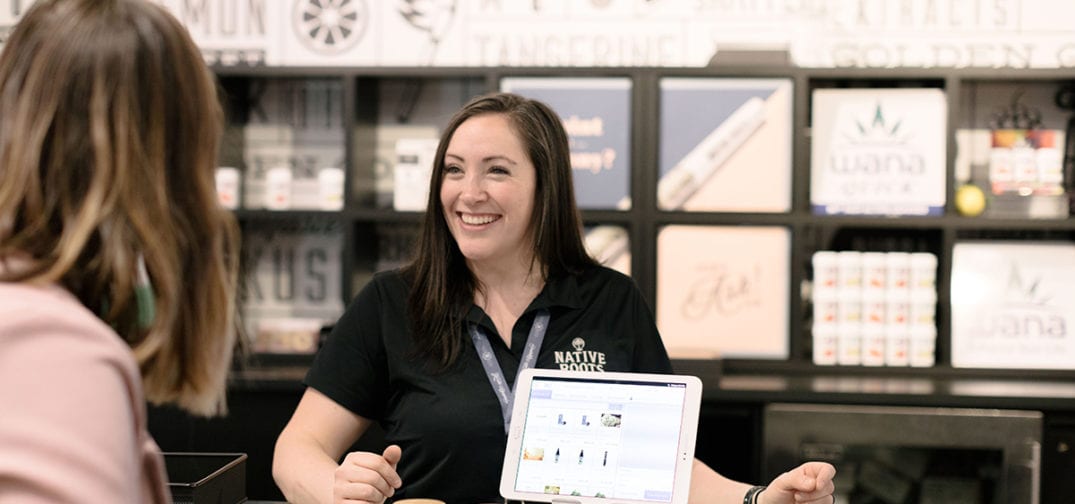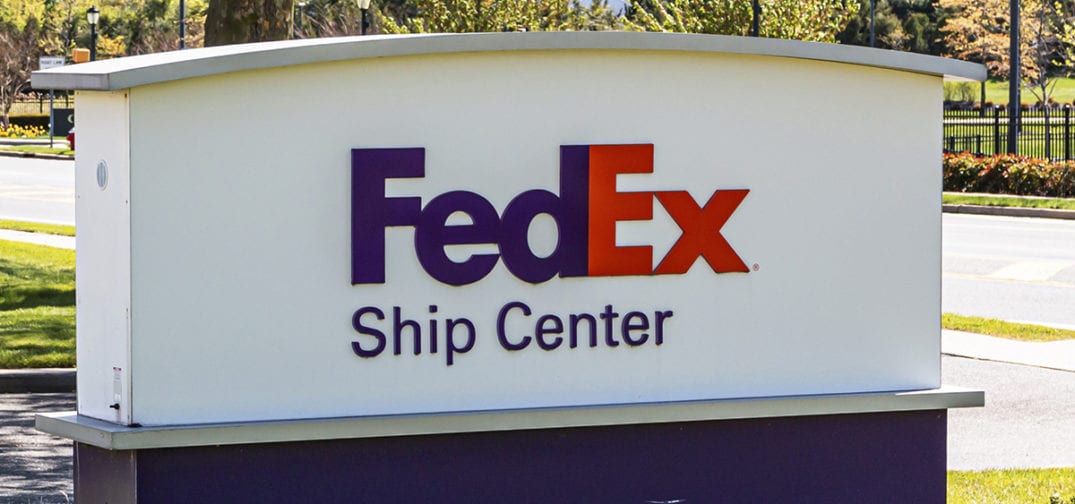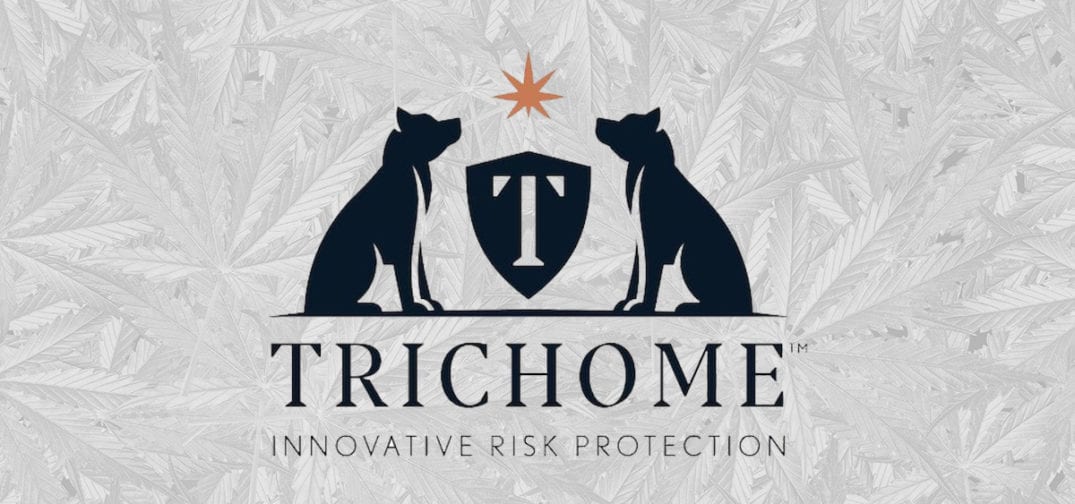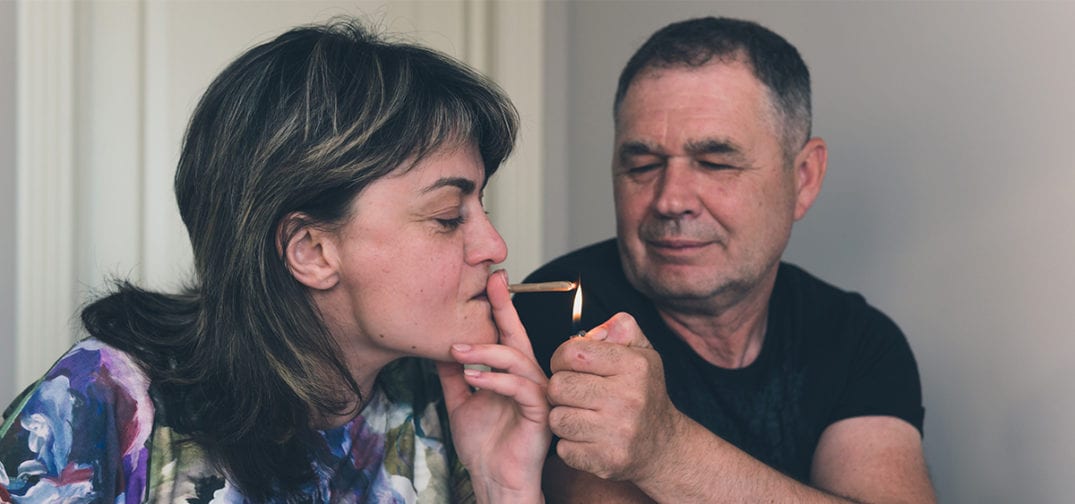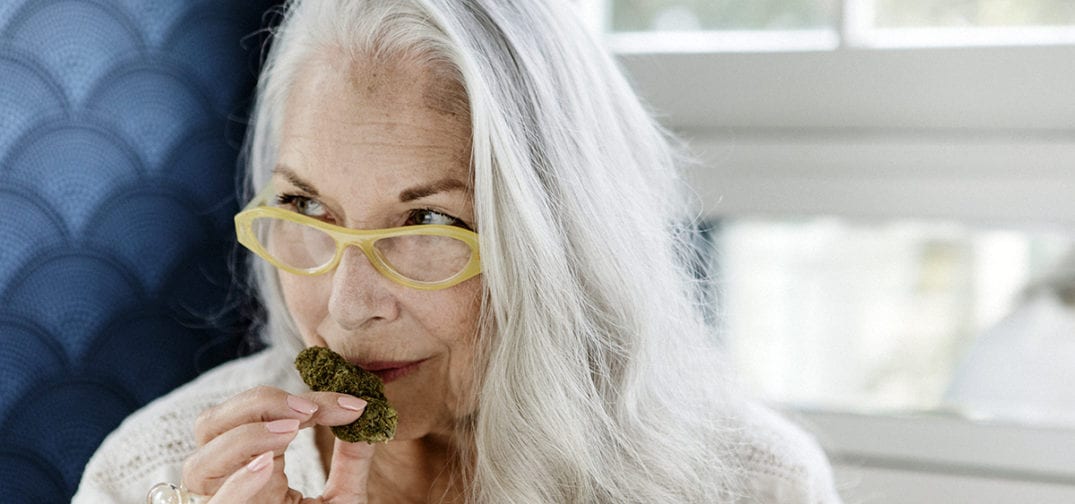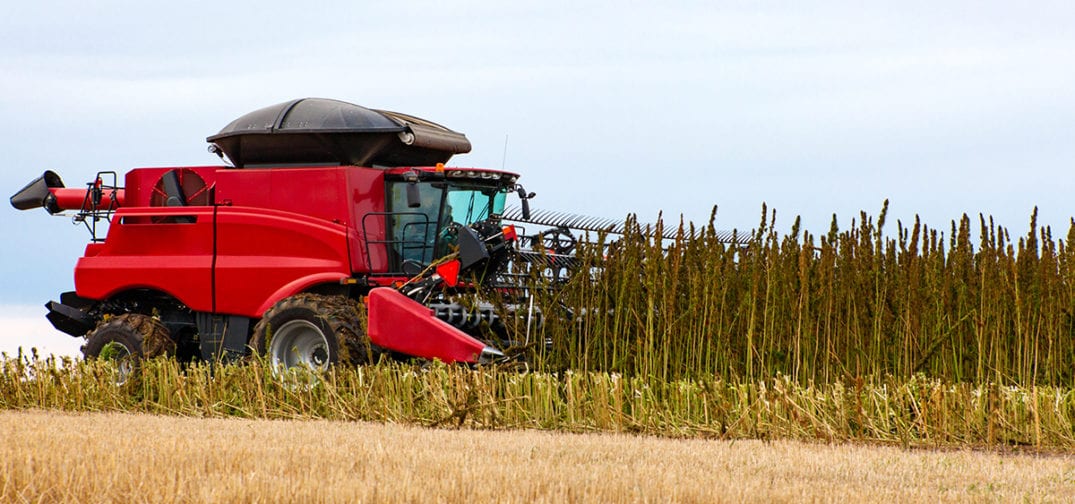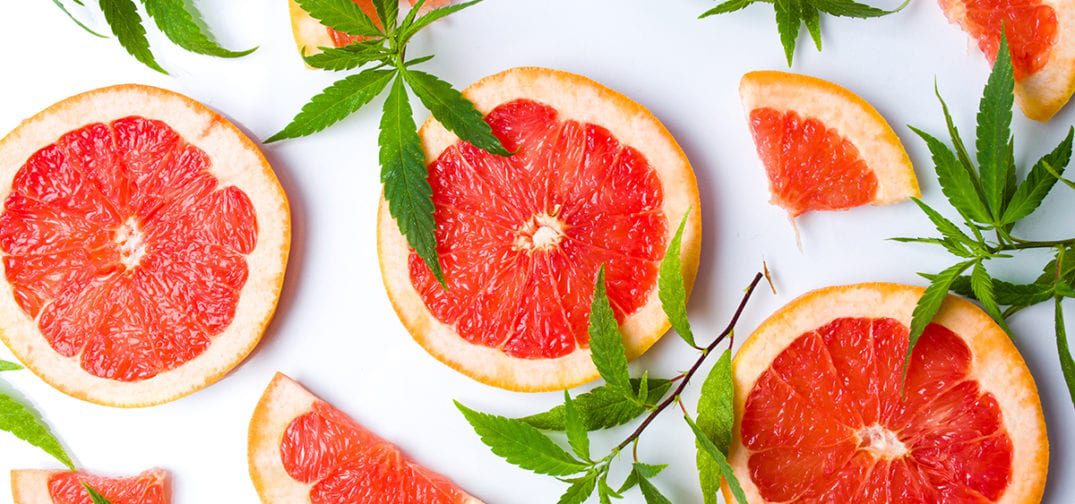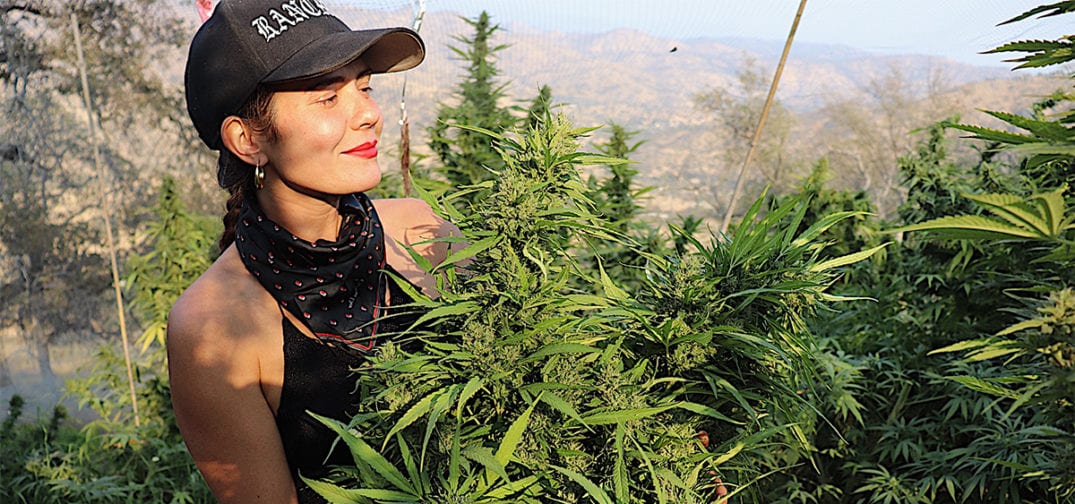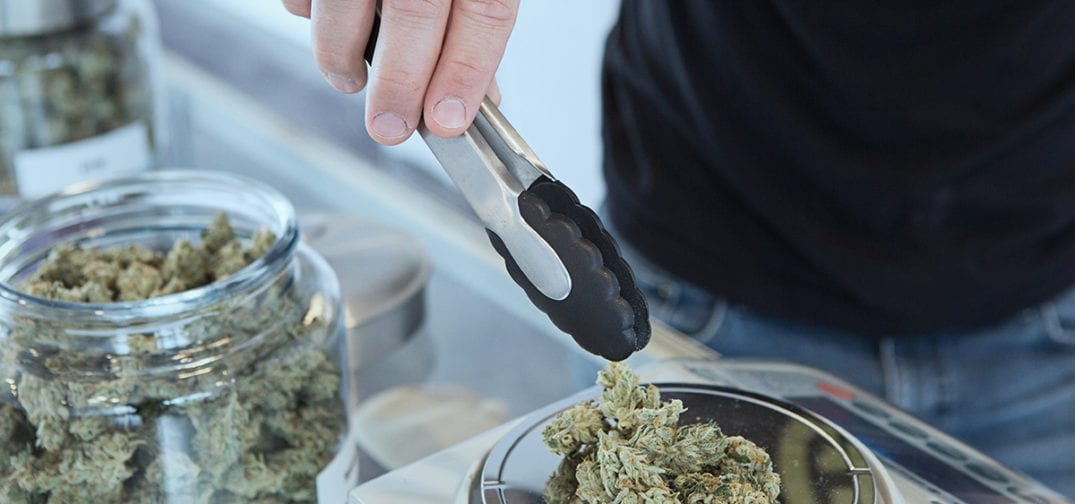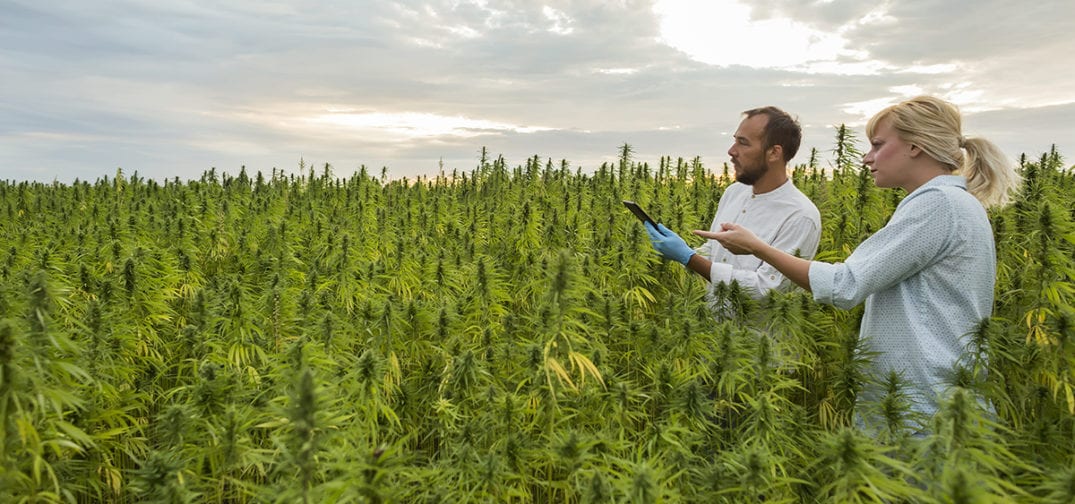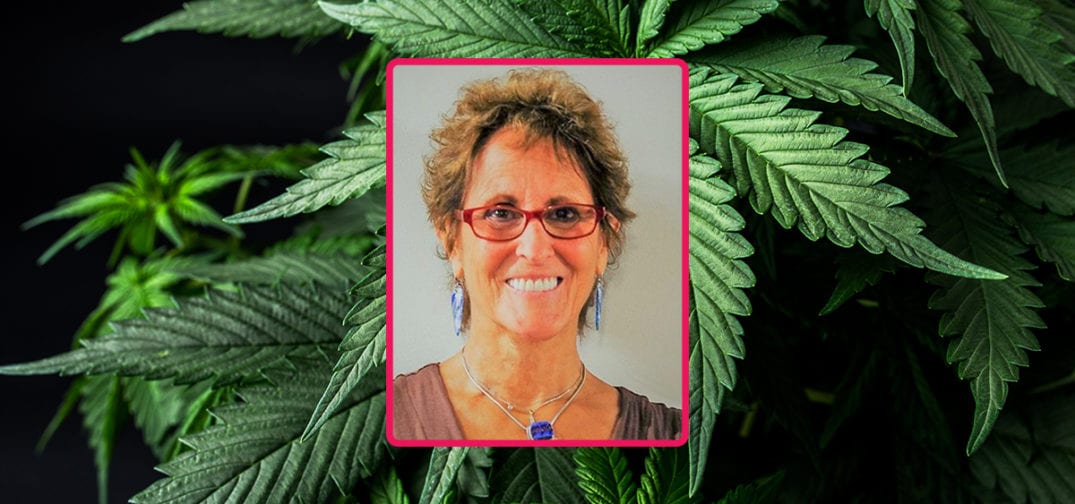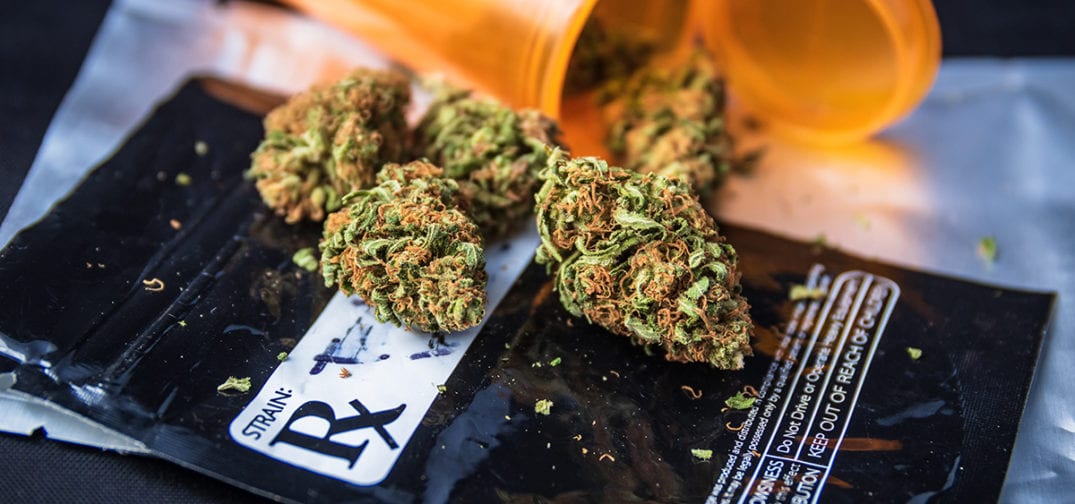DENVER, CO / APRIL 21, 2021 — Cannabis retail traffic was up 9.5%, and sales rebounded 8.4% year-over-year on 4/20, according to Cova Software, the largest Cannabis Point of Sale (POS) company in North America. While major outages plagued several big POS systems, Cova reported its 4th straight year of perfect uptime (100%) and benchmark transaction speeds (1.4 seconds). During peak hours on 4/20, Cova was processing 380 cannabis transactions per minute, and handled over 180,000 transactions for the day across 1,200+ dispensaries.
April 20th, the “Cannabis Holiday” has historically marked the marijuana industry’s biggest sales day of the year. However, when looking at the past 3 years, 4/20 fell on distinctively different climates. 2019 was a normal (non-COVID) year in which dispensaries in Canada and legal US States fought hard to be open by 4/20, and to procure the maximum amount of inventory to meet the surge in demand. They were rewarded with the biggest cannabis sales day ever.

Cannabis Retail Sales Bounce Back Despite Ongoing Pandemic
Last year saw a COVID shutdown of all retail businesses in March, followed by various re-openings of dispensaries by state or province in April. There were also restrictions on how cannabis stores could sell: via online order and curbside pickup, delivery only, and/or limited visitors into the dispensary. 4/20 2020 proved to be a better than average day but didn’t set any sales records.
4/20/21 was nowhere near a return to normalcy, as some municipalities were locked down for non-essential travel, while others were open for business but with 6-foot restrictions in place. Nevertheless, the industry saw an 8.4% increase in sales over 4/20/20, despite several US POS systems crashing amid the higher volume. This forced nearly 2,000 dispensaries to turn customers away for hours.
Cova CEO Gary Cohen, summarized 4/20/21, saying “Preparations for 4/20 last year were tentative, as our industry was just being recognized as essential. The supply of cannabis products was plentiful, but demand was a big question. It turned out there was huge demand from consumers and patients, and because of COVID relief checks in April, they had money to spend in dispensaries. This year, the relief was not timed around 4/20, but employment is higher, and access to stores easier. Overall, 2021 was a great 4/20.”
Based on Cova data, the daily lift in sales on 4/20 over average March daily sales has been: 2019 +240%, 2020 +78% and 2021 +89%.
The average invoice per transaction in the US was $76.26 USD, an increase of 9% over 2020. For Canada the average invoice was $52.48 CAD, a decrease of 2% from a year earlier. Dispensaries across North America saw 9.5% more traffic through their store this year, which is attributable to this April’s greater freedom to visit retailers in the US. In Canada, a surge in COVID cases, lag in vaccines, and more lockdowns by provinces created challenges for retailers. Despite that, Canadian cannabis stores processed 5% more transactions on 4/20.
A Thousand New Stores Celebrate their First 420
Year over year, approximately 1,000 new dispensaries opened (+20%) in North America. Several geographies greatly expanded dispensary counts and access to cannabis in the past 12 months, namely Ontario, California, Oklahoma, and Missouri (a new medicinal cannabis state in 2021). The better climate this year, and impact of these markets, helped to significantly propel overall sales for the cannabis holiday.
About Cova
Cova designs retail software solutions specifically for the cannabis industry and has rapidly become the #1 dispensary Point-of-Sale and Inventory Management solution in North America. Cova’s award-winning platform helps cannabis retailers simplify compliance, streamline dispensary operations, and increase profits through sophisticated inventory management, mobile dashboards, and seamless integrations with the most valued tech solutions in cannabis retail. Cova currently powers 1,200+ dispensaries and counting and is projected to process $3B in cannabis sales in 2021.
End
